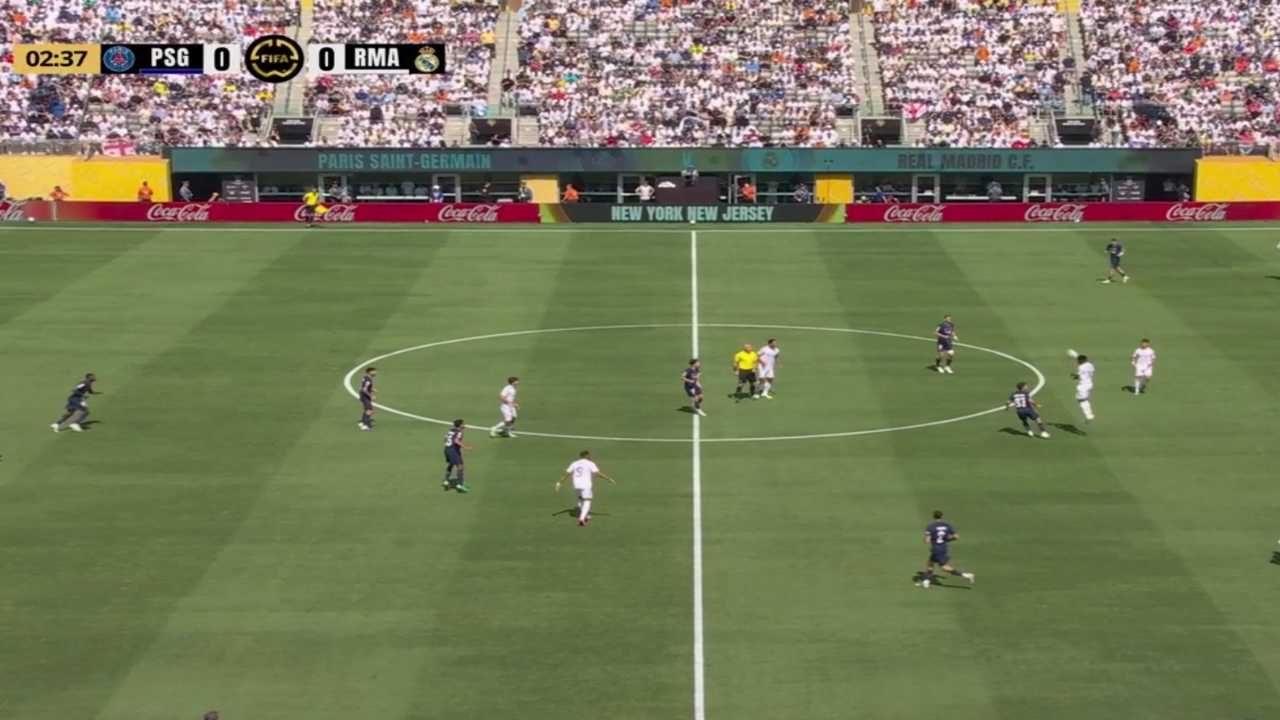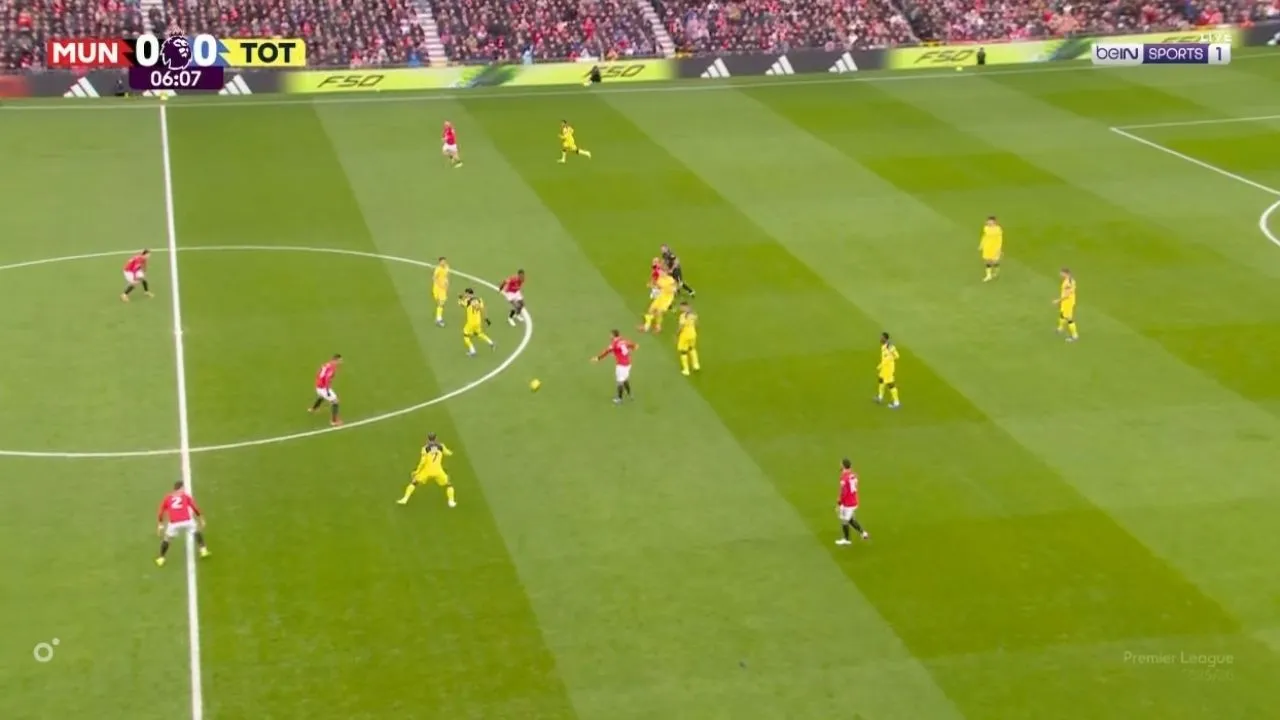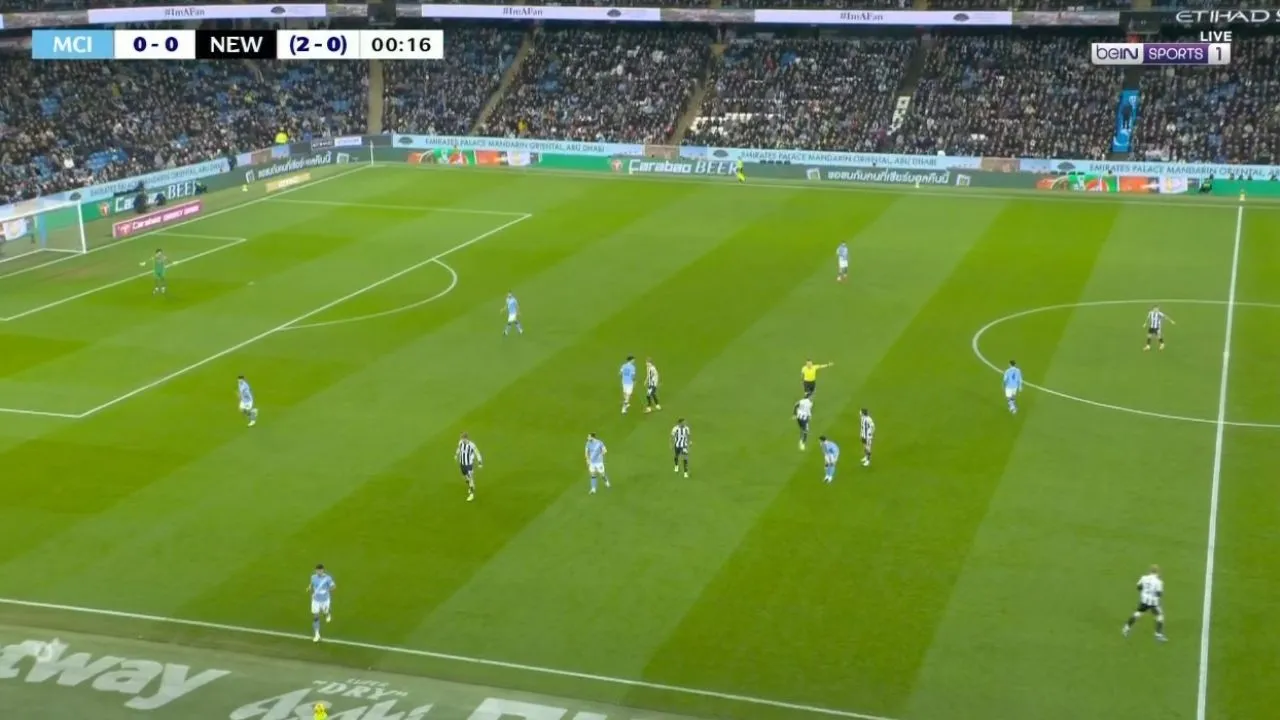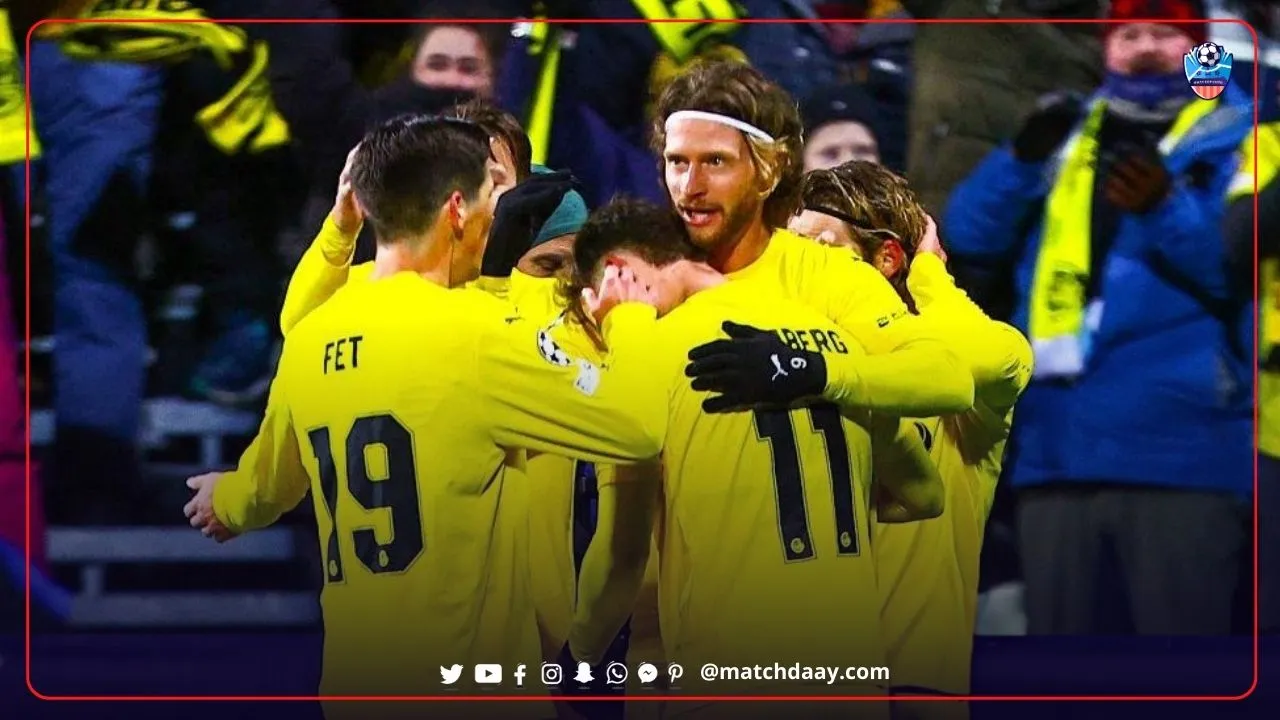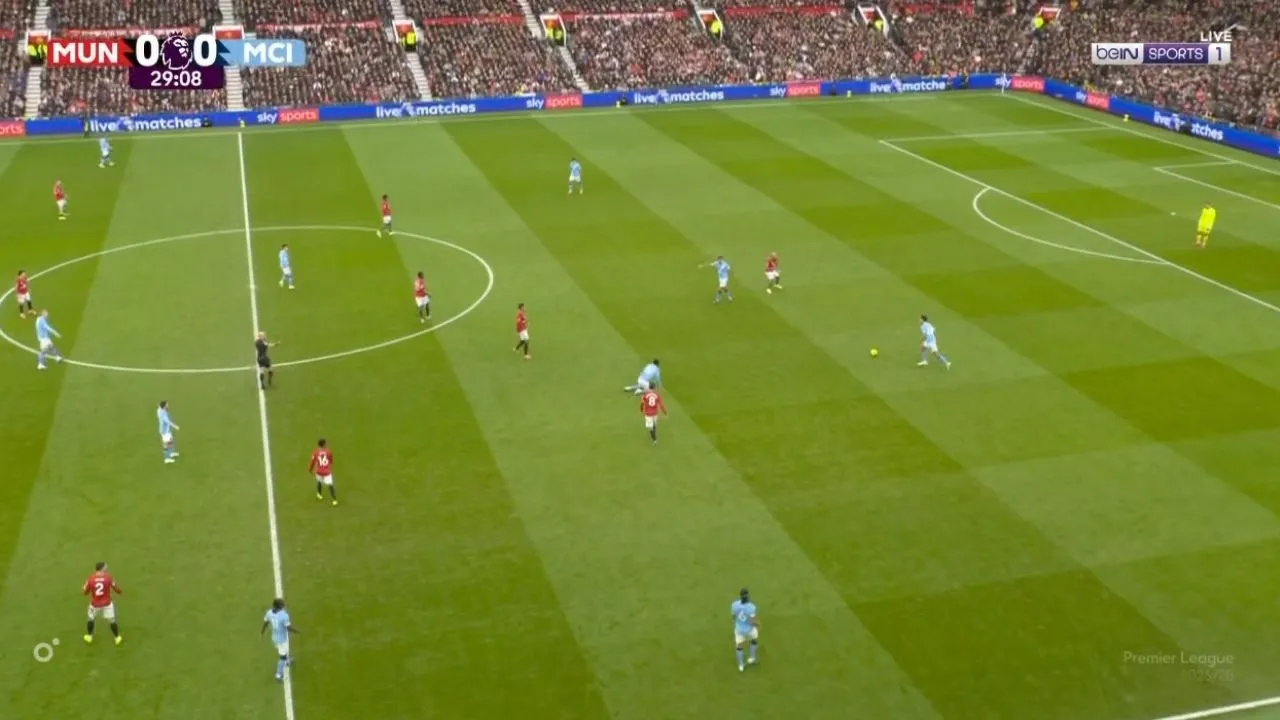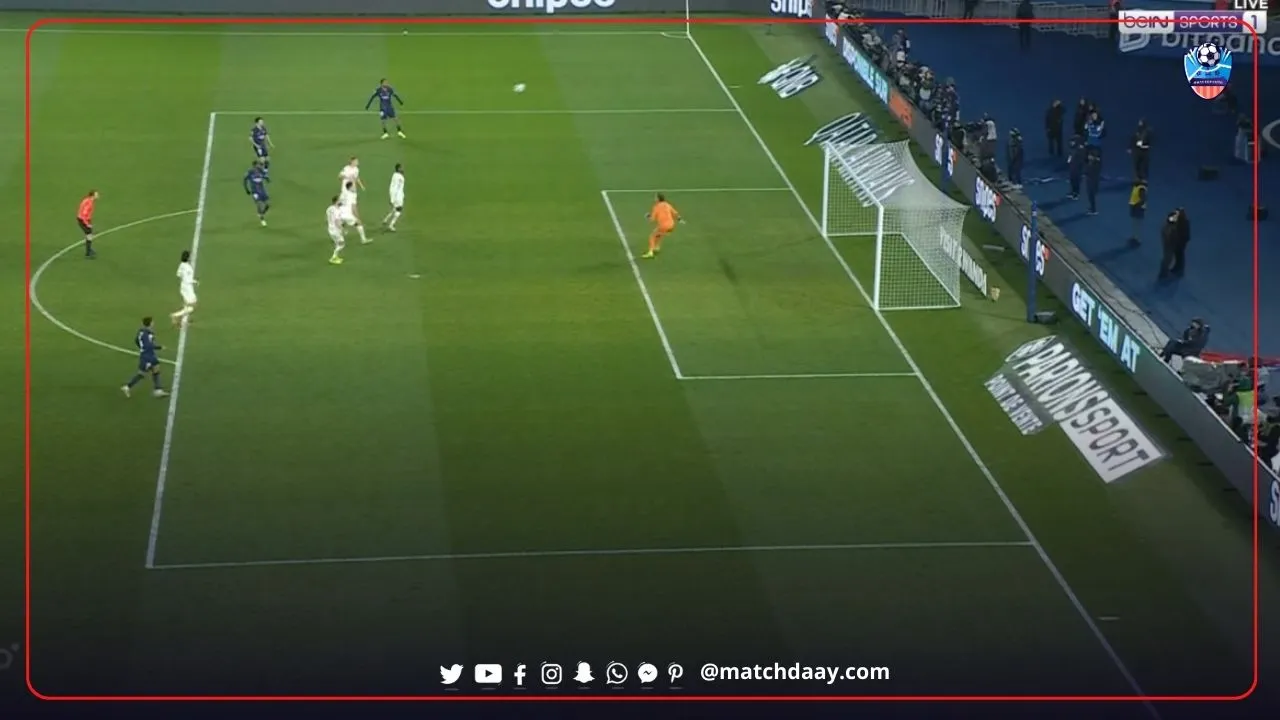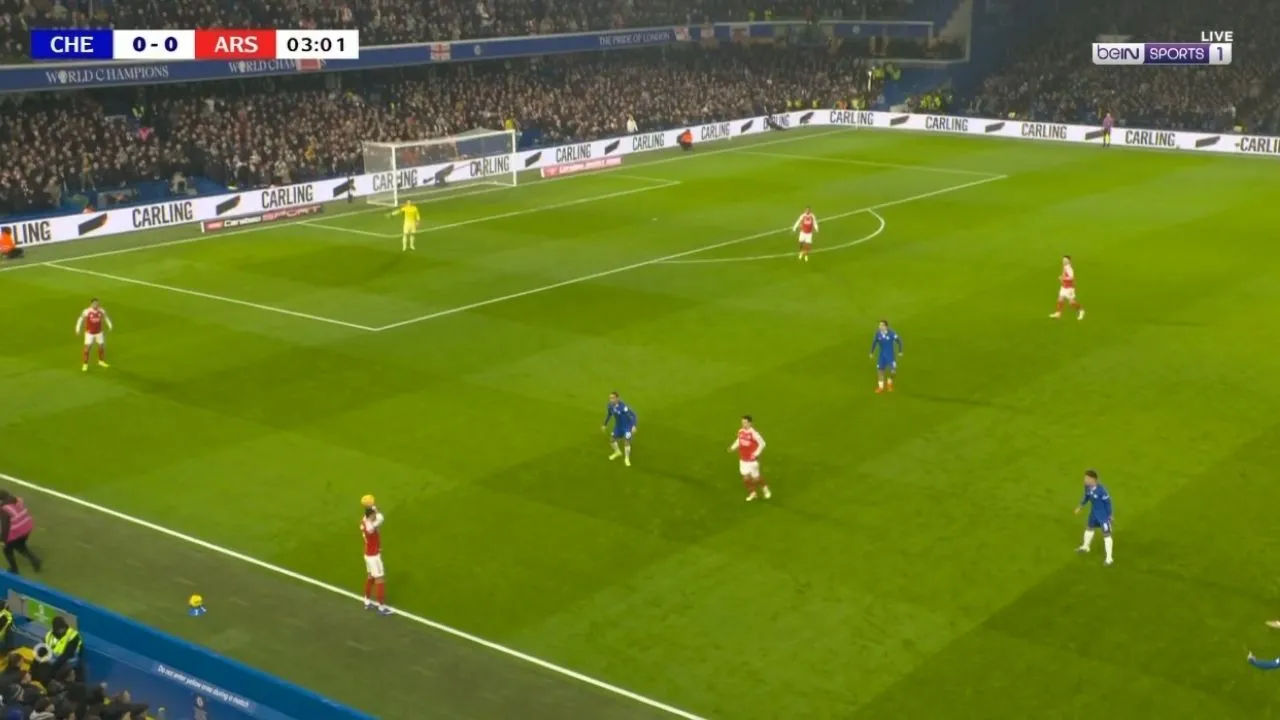 FIFA Club World Cup
FIFA Club World Cup Paris Saint Germain
Paris Saint Germain Real Madrid
Real Madrid- Info
- Lineups
- Stats
- Events
- Standings
| Date | July 9, 2025 |
|---|---|
| Time | 20:10 |
| League | FIFA Club World Cup |
| Status | FT |
Group D
| # | Team | P | W | D | L | Pts |
|---|---|---|---|---|---|---|
| 1 |
 Flamengo
Flamengo | 3 | 2 | 1 | 0 | 7 |
| 2 |
 Chelsea
Chelsea | 3 | 2 | 0 | 1 | 6 |
| 3 |
 ES Tunis
ES Tunis | 3 | 1 | 0 | 2 | 3 |
| 4 |
 Los Angeles FC
Los Angeles FC | 3 | 0 | 1 | 2 | 1 |
Group G
| # | Team | P | W | D | L | Pts |
|---|---|---|---|---|---|---|
| 1 |
 Manchester City
Manchester City | 3 | 3 | 0 | 0 | 9 |
| 2 |
 Juventus
Juventus | 3 | 2 | 0 | 1 | 6 |
| 3 |
 Al Ain
Al Ain | 3 | 1 | 0 | 2 | 3 |
| 4 |
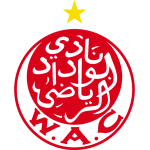 Wydad AC
Wydad AC | 3 | 0 | 0 | 3 | 0 |
Group B
| # | Team | P | W | D | L | Pts |
|---|---|---|---|---|---|---|
| 1 |
 Paris Saint Germain
Paris Saint Germain | 3 | 2 | 0 | 1 | 6 |
| 2 |
 Botafogo
Botafogo | 3 | 2 | 0 | 1 | 6 |
| 3 |
 Atletico Madrid
Atletico Madrid | 3 | 2 | 0 | 1 | 6 |
| 4 |
 Seattle Sounders
Seattle Sounders | 3 | 0 | 0 | 3 | 0 |
Group A
| # | Team | P | W | D | L | Pts |
|---|---|---|---|---|---|---|
| 1 |
 Palmeiras
Palmeiras | 3 | 1 | 2 | 0 | 5 |
| 2 |
 Inter Miami
Inter Miami | 3 | 1 | 2 | 0 | 5 |
| 3 |
 FC Porto
FC Porto | 3 | 0 | 2 | 1 | 2 |
| 4 |
 Al Ahly
Al Ahly | 3 | 0 | 2 | 1 | 2 |
Group F
| # | Team | P | W | D | L | Pts |
|---|---|---|---|---|---|---|
| 1 |
 Borussia Dortmund
Borussia Dortmund | 3 | 2 | 1 | 0 | 7 |
| 2 |
 Fluminense
Fluminense | 3 | 1 | 2 | 0 | 5 |
| 3 |
 Mamelodi Sundowns
Mamelodi Sundowns | 3 | 1 | 1 | 1 | 4 |
| 4 |
 Ulsan Hyundai FC
Ulsan Hyundai FC | 3 | 0 | 0 | 3 | 0 |
Group C
| # | Team | P | W | D | L | Pts |
|---|---|---|---|---|---|---|
| 1 |
 Benfica
Benfica | 3 | 2 | 1 | 0 | 7 |
| 2 |
 Bayern München
Bayern München | 3 | 2 | 0 | 1 | 6 |
| 3 |
 Boca Juniors
Boca Juniors | 3 | 0 | 2 | 1 | 2 |
| 4 |
 Auckland City
Auckland City | 3 | 0 | 1 | 2 | 1 |
Group E
| # | Team | P | W | D | L | Pts |
|---|---|---|---|---|---|---|
| 1 |
 Inter
Inter | 3 | 2 | 1 | 0 | 7 |
| 2 |
 Monterrey
Monterrey | 3 | 1 | 2 | 0 | 5 |
| 3 |
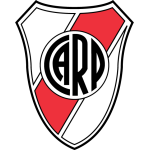 River Plate
River Plate | 3 | 1 | 1 | 1 | 4 |
| 4 |
 Urawa
Urawa | 3 | 0 | 0 | 3 | 0 |
Group H
| # | Team | P | W | D | L | Pts |
|---|---|---|---|---|---|---|
| 1 |
 Real Madrid
Real Madrid | 3 | 2 | 1 | 0 | 7 |
| 2 |
 Al-Hilal Saudi FC
Al-Hilal Saudi FC | 3 | 1 | 2 | 0 | 5 |
| 3 |
 Red Bull Salzburg
Red Bull Salzburg | 3 | 1 | 1 | 1 | 4 |
| 4 |
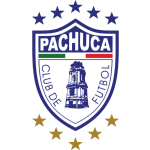 Pachuca
Pachuca | 3 | 0 | 0 | 3 | 0 |
6' PSG take advantage! 💥
— DAZN Football (@DAZNFootball) July 9, 2025
A defensive error from Real Madrid and Fabian Ruiz makes no mistake. 1-0 Paris! ⚽️
Watch the @FIFACWC | June 14 – July 13 | Every Game | Free | https://t.co/i0K4eUtwwb | #FIFACWC #TakeItToTheWorld #PSGRMA pic.twitter.com/bx9Qw0pLcm
9' Back-to-back mistakes from Madrid and PSG are loving it! 😱
— DAZN Football (@DAZNFootball) July 9, 2025
Dembélé makes it 2-0 after Rüdiger slips up. The Parisians are flying! 🔴🔵
Watch the @FIFACWC | June 14 – July 13 | Every Game | Free | https://t.co/i0K4eUtwwb | #FIFACWC #TakeItToTheWorld #PSGRMA pic.twitter.com/Px5ipoV48E
24' PSG 3-0!!! ⚽️⚽️⚽️
— DAZN Football (@DAZNFootball) July 9, 2025
Ruiz nets his second of the game with a clinical finish on a lightning-fast counter. 🔴🔵⚡
Watch the @FIFACWC | June 14 – July 13 | Every Game | Free | https://t.co/i0K4eUtwwb | #FIFACWC #TakeItToTheWorld #PSGRMA pic.twitter.com/JIl1nunRhN
The PSG vs Real Madrid FIFA Club World Club 2025 semi-final was destined to be more than just a football match. Staged within the inaugural, radically expanded 32-team tournament, this clash was the first true stress test of FIFA’s ambitious new world order. On a sweltering July afternoon at MetLife Stadium, it delivered a result so emphatic and a performance so dominant that it sent shockwaves through the global football landscape. Paris Saint-Germain did not just defeat Real Madrid; they dismantled them 4-0, providing a brutal and brilliant spectacle that confirmed the arrival of a new powerhouse and posed profound questions about the future of their storied rivals. This was a tactical masterclass, a personal drama, and a potential turning point in the hierarchy of European football.
PSG vs Real Madrid FIFA Club World Club 2025
A New World Order: The Inaugural 32-Team FIFA Club World Cup
The 2025 tournament marked a seismic shift for club football. Moving away from the modest seven-team format of previous years, FIFA launched a sprawling, month-long event from June 14 to July 13, explicitly designed to be a true “World Cup of Clubs”. Held across the United States in 11 cities and 12 venues, it served as a grand prelude to the 2026 FIFA World Cup.
The Global Format
Thirty-two of the world’s best clubs earned their place, representing all six global confederations. Qualification was a meritocratic process based on performance over a four-year cycle (2021-2024), rewarding either continental champions—like the winners of the UEFA Champions League or CONMEBOL Libertadores—or teams with a high confederation ranking. The slot allocation reflected the traditional power balance of world football, with Europe (UEFA) receiving 12 spots and South America (CONMEBOL) six.
The tournament structure mirrored its national team counterpart: a group stage with eight groups of four, followed by a single-elimination knockout bracket from the Round of 16 to the final. This expanded format was FIFA’s strategic move to create a new pinnacle event in the club calendar, one capable of generating global narratives and forcing direct, high-stakes competition between continents on an unprecedented scale. The
PSG vs Real Madrid FIFA Club World Club 2025 fixture was the ultimate validation of this vision, delivering a blockbuster clash between the reigning European champions and the continent’s most decorated club.
The Path to a Showdown: How PSG and Real Madrid Reached the Semi-Final
The two giants arrived at their semi-final showdown having navigated the tournament in starkly different fashions. Their respective journeys through the group and knockout stages offered a clear preview of their form and tactical identities.
PSG’s Dominant March
Paris Saint-Germain, under the guidance of Luis Enrique, looked every bit the European champions. They cruised through the group stage, topping Group B with authority. Their campaign included a statement 4-0 victory over Spanish powerhouse Atlético de Madrid, signaling their ruthless intent early in the tournament.
| Group B Final Standings | M | W | D | L | GF | GA | GD | Pts |
| Paris Saint-Germain | 3 | 2 | 0 | 1 | 6 | 1 | +5 | 6 |
| Botafogo | 3 | 2 | 0 | 1 | 3 | 2 | +1 | 6 |
| Atlético de Madrid | 3 | 2 | 0 | 1 | 4 | 5 | -1 | 6 |
| Seattle Sounders | 3 | 0 | 0 | 3 | 2 | 7 | -5 | 0 |
Their dominance continued into the knockout rounds. PSG dismantled host representatives Inter Miami 4-0 in the Round of 16 before dispatching German champions Bayern Munich with a controlled and professional 2-0 victory in the quarter-finals. These comfortable, high-scoring wins showcased a cohesive and relentless tactical system firing on all cylinders.
Real Madrid’s Hard-Fought Battles
In contrast, Real Madrid’s path was more arduous. Under new manager Xabi Alonso, they won Group H but appeared less convincing than their French counterparts.
| Group H Final Standings | M | W | D | L | GF | GA | GD | Pts |
| Real Madrid | 3 | 2 | 1 | 0 | 7 | 2 | +5 | 7 |
| Al-Hilal | 3 | 1 | 2 | 0 | 3 | 1 | +2 | 5 |
| FC Salzburg | 3 | 1 | 1 | 1 | 2 | 4 | -2 | 4 |
| Pachuca | 3 | 0 | 0 | 3 | 2 | 9 | -7 | 0 |
Their knockout stage journey was fraught with tension. They scraped past Juventus with a narrow 1-0 win and then survived a five-goal thriller against Borussia Dortmund, winning 3-2 only after a sensational late overhead kick from Kylian Mbappé. While they advanced, these narrow victories, often reliant on moments of individual brilliance, hinted at a team lacking systemic control and defensive solidity—vulnerabilities that a clinical opponent like PSG was perfectly poised to exploit.
A Modern Super-Rivalry: The New El Clásico?
While the historic El Clásico between Real Madrid and Barcelona is rooted in a century of political and cultural identity clashes, the PSG vs Real Madrid FIFA Club World Club 2025 matchup represented something new: a rivalry for the modern era of football.
The Mbappé Factor: A Narrative Supernova
At the heart of this modern rivalry was Kylian Mbappé. The French superstar faced his former club for the first time since his contentious free transfer to Madrid in the summer of 2024. His departure from Paris was acrimonious, ending a seven-year spell where he became the club’s all-time leading scorer with 256 goals but was also embroiled in contract sagas and legal disputes over his exit. This hostile reunion added a layer of intense personal drama to an already high-stakes encounter.
A Clash of Philosophies
This fixture has become a battleground for two competing visions of how to build a modern super-club.
- The “Galáctico” Model: Real Madrid has doubled down on its historical philosophy of acquiring finished products and global superstars, as seen with the signings of Mbappé and Trent Alexander-Arnold.
- The Collective System: Following the departures of Neymar, Messi, and finally Mbappé, PSG manager Luis Enrique explicitly rebranded the team, moving away from a reliance on individual superstars to forge a “harmonious footballing powerhouse” built on a collective, system-first identity.
The 4-0 result was more than a victory; it was a referendum on which model is more effective in today’s game. The PSG vs Real Madrid FIFA Club World Club 2025 semi-final was not just a game but a philosophical war, arguably making it the most relevant top-tier rivalry in contemporary football.
🏆 Paris Saint-Germain 🇫🇷 reach the Club World Cup Final!
— Match Spoots (@matchspoots) July 9, 2025
A stunning 4-0 win over Real Madrid 🇪🇸 in the semi-finals 🔥#ClubWorldCup #PSG #RealMadrid #CWC2025 pic.twitter.com/13dPPyjup6
The MetLife Massacre: A Tactical Breakdown of the Semi-Final
On July 9, 2025, before a crowd of 77,542 at MetLife Stadium, what was billed as a clash of titans turned into a one-sided demolition. PSG’s tactical execution was flawless, while Real Madrid’s game plan disintegrated within minutes.
A First-Half Blitz
The match was effectively over inside 24 minutes. PSG unleashed a furious onslaught, punishing a series of calamitous defensive errors from Real Madrid. Fabián Ruiz opened the scoring in the 6th minute, pouncing on a loose ball after a mistake by defender Raúl Asencio. Just three minutes later, Ousmane Dembélé capitalized on a miskick from Antonio Rüdiger, racing through to make it 2-0. The rout was sealed in the 24th minute when Ruiz finished off a scintillating, lightning-fast counter-attack to score his second and PSG’s third. The Parisians entered halftime with a 3-0 lead and an astonishing 76.5% of possession, a statistical testament to their utter control.
PSG’s Tactical Masterclass
Luis Enrique’s game plan was executed to perfection, built on two key pillars:
- Relentless Pressing: PSG’s press was described as “aggressive, coordinated, and relentless”. Led by Dembélé, they suffocated Madrid’s build-up play, forcing the very errors that led to the opening goals. This was not just a defensive tactic but their primary offensive weapon.
- Right-Flank Overload: The fluid, four-man combination of Achraf Hakimi, Désiré Doué, Dembélé, and the goal-scoring midfielder Ruiz created a tactical vortex on PSG’s right flank that completely overwhelmed Madrid’s defense. The third goal, a sequence of five swift passes that carved through Madrid from back to front, was the perfect illustration of this synergy.
Even after downshifting in the second half to conserve energy, PSG remained superior, with substitute Gonçalo Ramos adding a fourth goal in the 87th minute to complete the humiliation.
Real Madrid’s Tactical Disarray
For Real Madrid, the match was a systemic failure. Goalkeeper Thibaut Courtois bluntly stated post-match, “We didn’t press as a team… We failed to follow Xabi’s plan”. The defensive errors from Asencio and Rüdiger were not isolated incidents but symptoms of a deeper disorganization. Madrid’s star forwards, Mbappé and Vinícius Júnior, offered little defensive resistance, leaving their midfield and backline exposed to PSG’s coordinated attacks. Xabi Alonso’s side looked tactically naive and physically unprepared for the intensity of the occasion.
| PSG vs Real Madrid – Match Statistics | Paris Saint-Germain | Real Madrid |
| Goals | 4 | 0 |
| Possession | 68% | 32% |
| Shots | 18 | 7 |
| Shots on Target | 9 | 2 |
| Passes | 768 | 362 |
| Pass Accuracy | 92% | 85% |
| Fouls | 8 | 11 |
| Yellow Cards | 1 | 1 |
The Protagonists and the Punished: Key Player Performances
The individual stories of the match perfectly mirrored the broader tactical narrative. PSG’s triumph was a collective effort, while Madrid’s failure was personified by the struggles of its biggest names.
The Parisian Collective
- Fabián Ruiz: The Spanish midfielder was the deserved Man of the Match. His two goals were crucial, but his all-action display—dictating play, arriving in the box, and executing the system’s demands—was the true story. He was the engine of PSG’s midfield dominance.
- Ousmane Dembélé: In his first start of the tournament, Dembélé delivered a performance that solidified his case for the Ballon d’Or. His goal and assist were decisive, but his relentless pressing set the tone for the entire match, embodying the work rate and intensity of Enrique’s new PSG.
The Humbled Giants of Madrid
- Kylian Mbappé: The much-hyped reunion was a nightmare for Mbappé. He was completely neutralized by PSG’s disciplined defense, managing only one shot and completing just 10 passes before being substituted in the 64th minute. It was a stark demonstration that individual stardom is no match for a superior collective system.
- Luka Modrić: The match marked a somber and unfitting end to Luka Modrić’s legendary Real Madrid career. The Croatian icon, the club’s most decorated player with 28 major trophies, came on as a substitute in the 64th minute with his team already trailing 3-0. His final appearance in white was a quiet farewell amid a crushing defeat, symbolizing the definitive end of one of Madrid’s greatest eras.
The Aftermath: Two Giants on Divergent Trajectories
The consequences of the PSG vs Real Madrid FIFA Club World Club 2025 semi-final extend far beyond a single tournament. The result illuminates two clubs heading in opposite directions.
The Parisian Powerhouse: Enrique’s Vision Vindicated
For PSG, the 4-0 victory was the ultimate validation of their post-Mbappé rebuild. Luis Enrique has successfully transformed the club from a collection of superstars into a cohesive, treble-winning machine that now stands on the cusp of being crowned world champions. The win against Madrid wasn’t just a result; it was proof of concept. By prioritizing a disciplined, team-first philosophy, PSG has finally found the identity and harmony that had long eluded them on the biggest stage.
A Royal Reckoning: The Task Ahead for Alonso
For Real Madrid, the defeat was a brutal reality check. The humbling nature of the loss exposes deep-seated issues for new manager Xabi Alonso. He faces the immense task of fixing a porous defense, solving the tactical conundrum of integrating his star forwards without sacrificing team structure, and managing a difficult transition away from club legends like Modrić. This loss was not a one-off bad day but a sign of significant work ahead if Madrid is to compete with Europe’s new elite. The
PSG vs Real Madrid FIFA Club World Club 2025 clash may well be remembered as the moment a new king was crowned and an old one was forced into a period of profound introspection.
